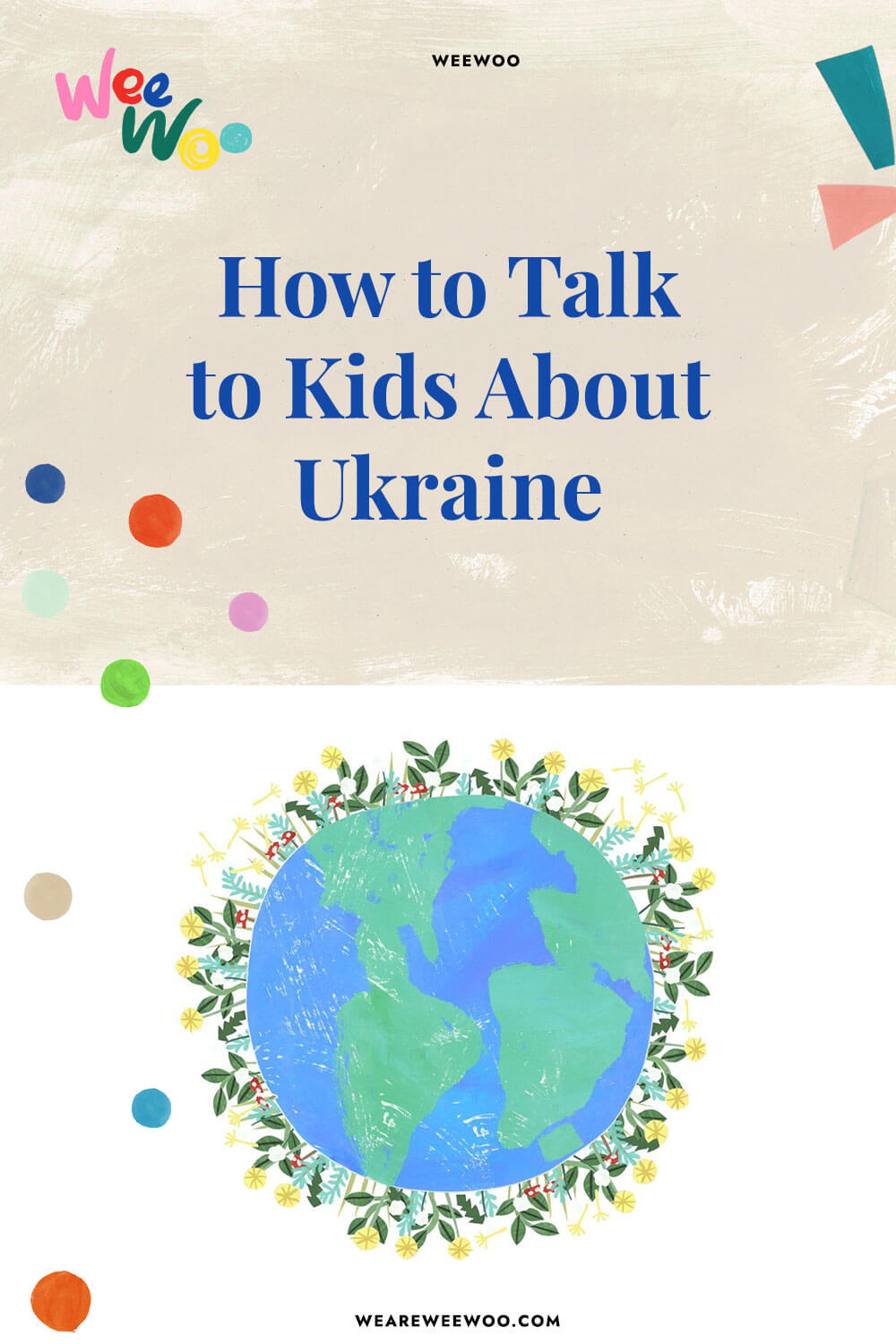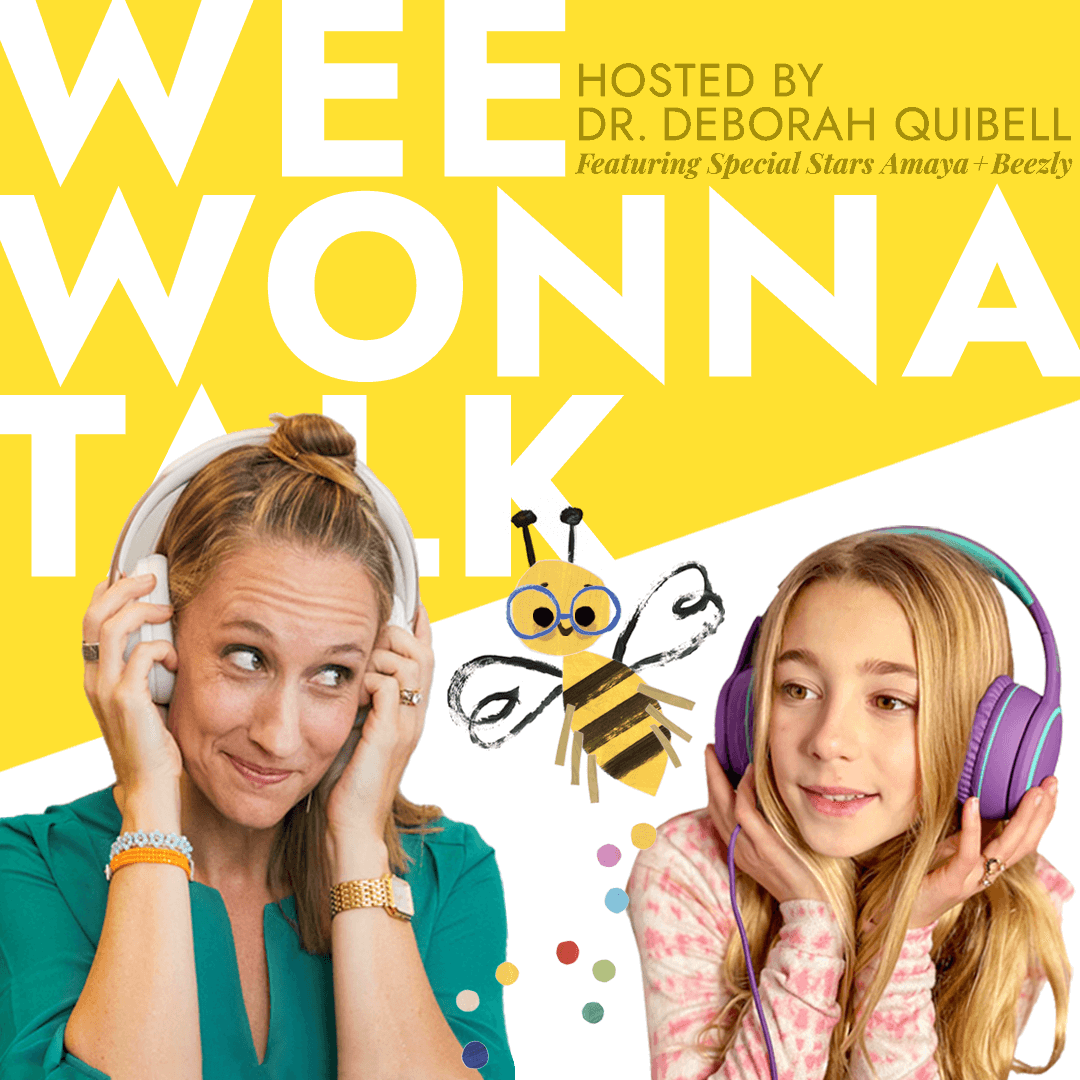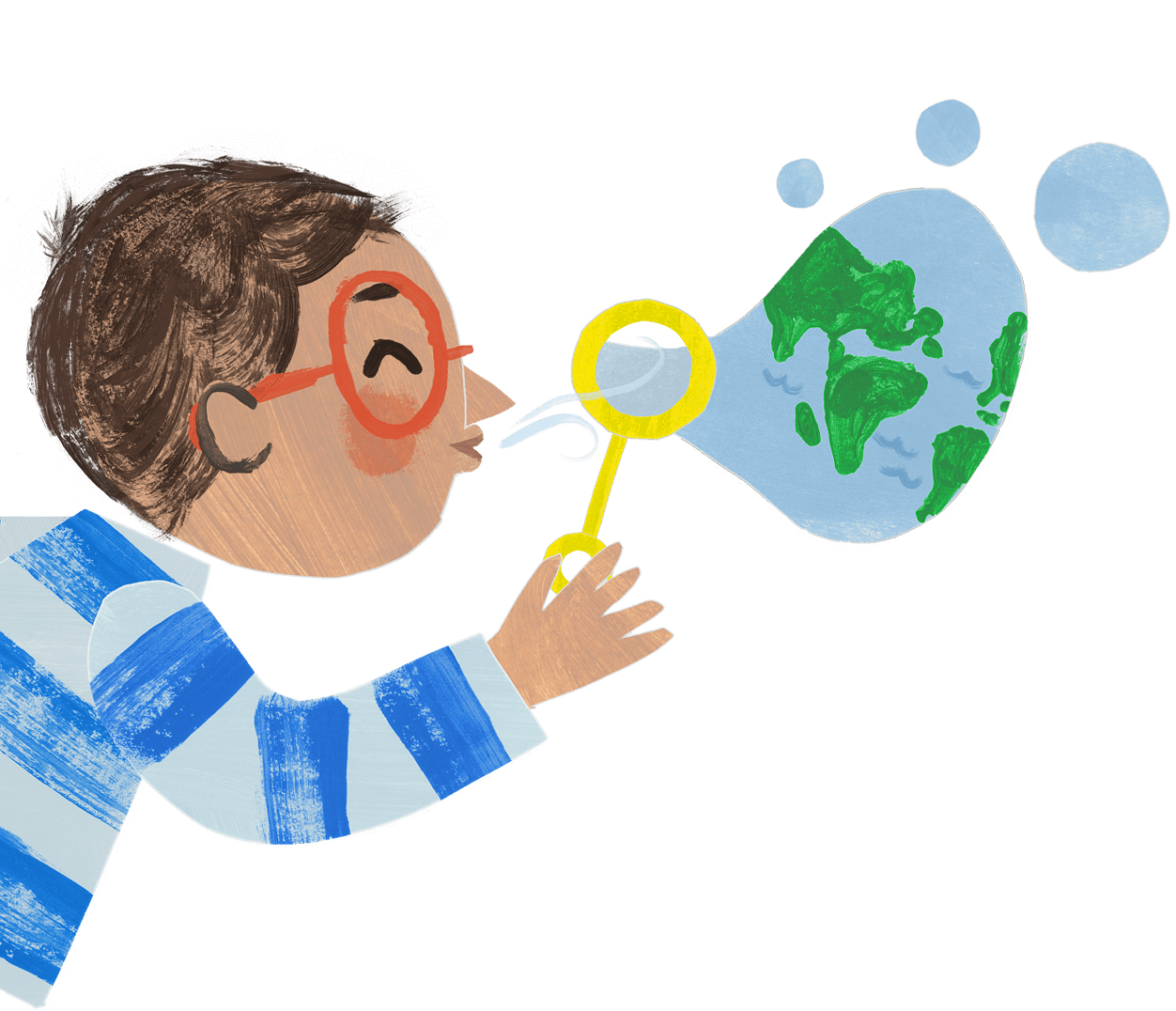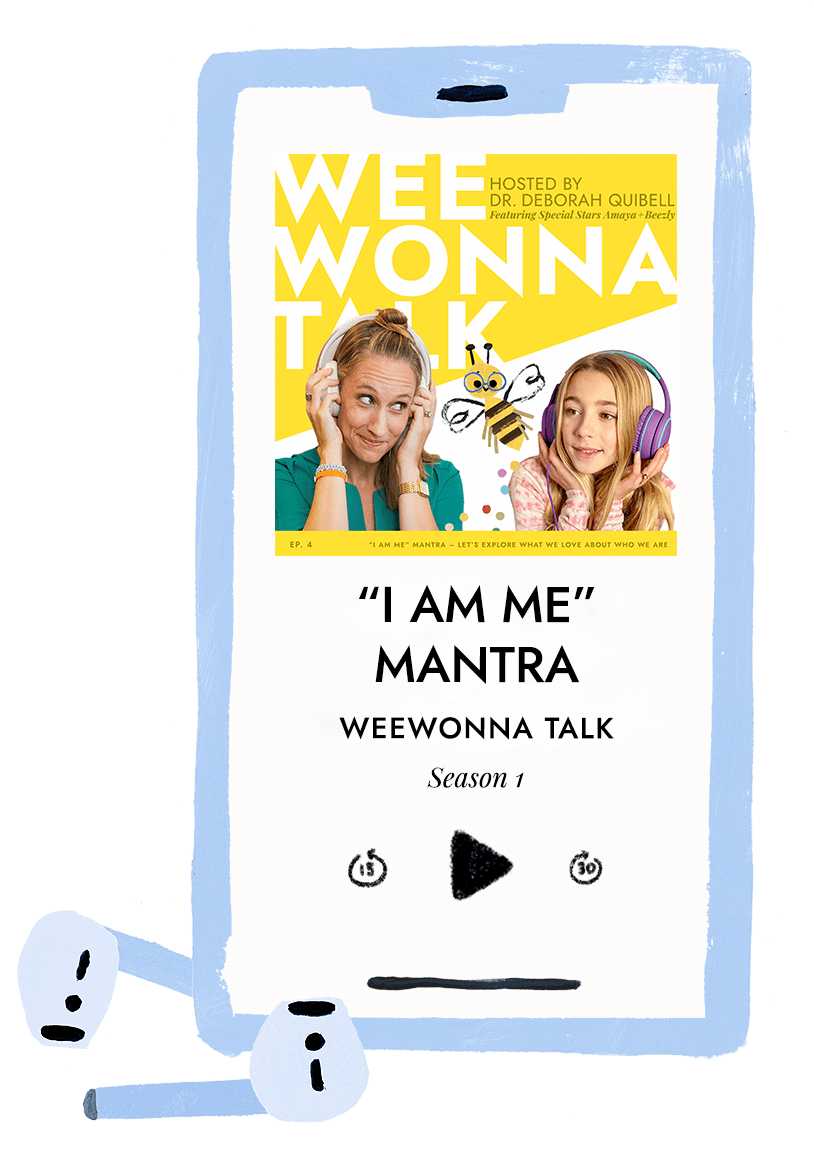We are living in strange and tragic times. We are all carrying a heaviness in our heart and a strange sense of confusion and grief. Children are not only sensitive to what is happening around them, they are always listening.
When major events happen in the world—like the war in Ukraine—it’s important to find ways to speak with them in age-appropriate ways rather than avoid difficult topics altogether. Children will feel the distress of adults around them and listen to shifting conversations.

They can feel more confused or worried if we don’t speak with them directly and help them to understand what is happening and what we can do to help. When we don’t talk to them and help explain what is happening, they start explaining it to themselves and can easily get lost.
Every child is different and there is no magic formula when it comes to holding more difficult or sensitive conversations. You know your child (or children) better than anyone else and can adjust the conversation according to his or her or their natural reactions and propensities.
The important thing is to talk, to hold the conversations that we, as parents, have a tendency (or temptation) to avoid. Because it’s never easy.
So we wanted to offer a few insights or ways to get started when so many of us are wondering, “How do I talk to my kids about what is happening in Ukraine?”
1. Center yourself.
Take a few deep breaths and try to calm your nervous system so you are speaking from a strong and centered place.
2. Speak to them calmly and directly.
Don’t try to make the situation lighter than it is. Don’t avoid words like “war” because you feel it may confuse or scare them. Rather use simple and direct words. Difficulties (like war) are unfortunately a part of life. They will learn and see this regardless if we speak with them or not. So, it’s important we help them come to terms with darkness, even when we ourselves wish it wasn’t part of our collective reality.
If your child is older, ask them what they know already — “Maybe you have heard about what is happening in Ukraine. Can you tell me what you know and if you have any questions?”
If your child is younger, explain things honestly and simply. “A country called Russia has invaded another country close by called Ukraine. To invade is to try to take over another country when it doesn’t belong to you. This is also called war. Many people can be hurt or killed, which is terrible. This is why you may see us or other grown-ups feeling sad or upset. You are safe. We are safe. But we care about what is happening to other people, also if they are far away.”
3. Listen attentively and respond to what your child has to say or ask if he or she has any questions or concerns.
There is no “right” or “wrong” response. It is ok if your child isn’t concerned at all and it’s also ok if your child is very concerned.
4. Acknowledge what you don’t know.
If your child has questions you don’t know the answer to, don’t be afraid to say “I don’t know” and look up the facts together on child-friendly news sources.
You can share your own emotions and explain how some people or things in life are difficult to understand, and one important thing we can do is try to stand up for what we feel is wrong and do more of what we feel is right.
Speak from your heart. Be open and vulnerable and it will help your child to witness a healthy way of coping with realities that are heart-breaking or difficult to hold.
5. Find the helpers.
This came from Mr. Rogers. I remember listening to an interview with him and he spoke about how his mother helped him cope with dark and difficult times. She told him, “Look for the helpers. There are always helpers.” These words never left me.
In every difficult or tragic situation, humans do amazing things to support and help and heal and uplift each other.
Find the people and organizations that are helping in Ukraine and share some stories of how amazing humans can be.
Help your child identify that he/she/they can also be a helper in situations of harm. Maybe find a website where you can donate and do it with them. Let them push the buttons and send financial help with you. Attend rallies together or find ways to get involved.
6. Help them find inner strength.
If your child has anxiety or insecurity about current events, help them to understand there are techniques and practices that can help. (This is one of the main reasons WeeWoo is here).
Teach them coping techniques. Help them to experience the power of breathing practices, mindfulness, music and meditation when it comes to self-regulation and facing big emotions.
7. Stick to routines.
When children feel insecure, routines help them feel more safe and stable.
Our first pillar at WeeWoo is Everyday Routines for this reason. Maybe, insert more meaningful moments into your routines where you send love to people who are suffering or light a candle each night before bed.
This will help them to feel like they can “do” something.










0 Comments